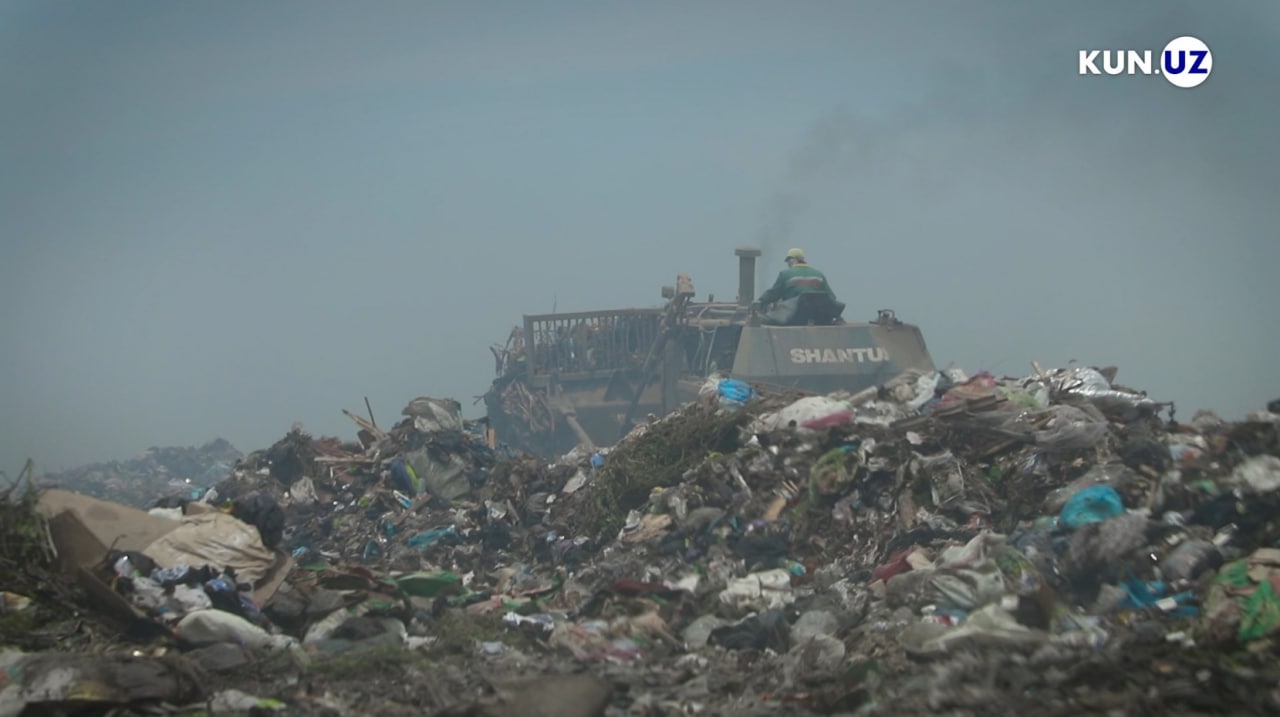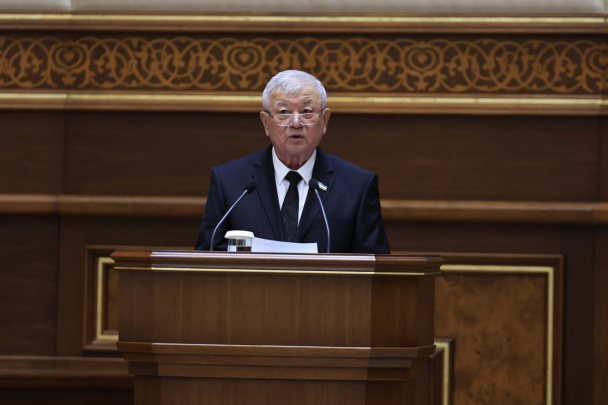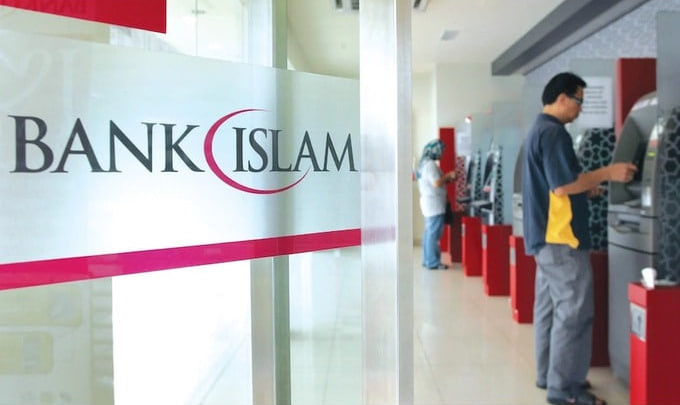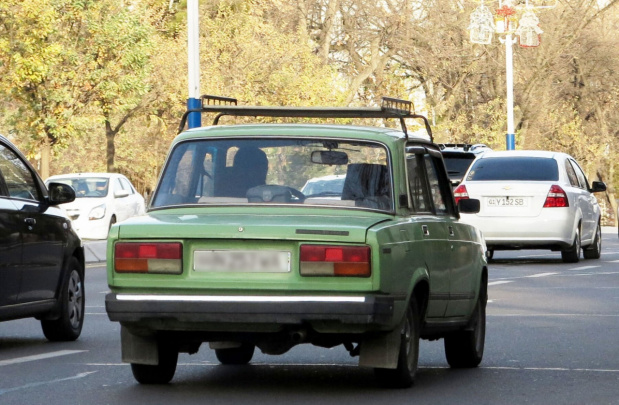Uzbekistan may fail to fulfill its international obligation to reduce emissions
According to the UN Sustainable Development Goals, Uzbekistan has committed to halve the amount of waste generated by 2030, but taking into account the population growth forecast, it is expected that the volume of waste will not be halved until 2030, but will naturally increase by 2 times. This was discussed at the Parliamentary Commission meeting on October 13, which was held in a critical spirit.

“The meeting discussed the 5th task of the 12th goal of SDGs, that is, the work being carried out in Bukhara and Tashkent regions to reduce their volume by half by 2030 by adopting measures to prevent, process and reuse waste.
During the discussions, the creation of organizational and legal frameworks aimed at the prevention of waste generation, recycling and reuse, attraction of national and foreign investments in the field, support of entrepreneurship in this regard, in general, the creation of 39 regulations related to the field – it was noted that the legal document was accepted.
Along with the positive work done, it was pointed out that many problems and shortcomings in the field remain.
As a result of the study conducted by the working group of the parliamentary commission, certain situations were identified, including the fact that local programs related to waste management in Bukhara and Tashkent region have not been developed and approved.
In Bukhara region, 20, and in Tashkent region, 21 reception stations of secondary raw materials are operating illegally.
Also, in accordance with the SDGs, Uzbekistan has committed to halve the volume of waste generation by 2030, but now, taking into account the forecast of the annual growth rate of the population, it is expected that the volume of waste by 2030 will not be halved, but will naturally double.
The Senate Chairperson emphasized that it is necessary to increase the volume of waste processing and reuse up to 4 times, taking into account these factors.
Following the meeting, the relevant decision of the Parliamentary Commission was adopted, including complex measures aimed at eliminating the shortcomings in the field, and certain tasks were assigned to the authorities.
In particular, solving important issues such as introducing relevant amendments to the legislation on issues related to waste, establishing benefits and preferences for business entities engaged in waste processing, taking into account measures to eliminate waste generation during the formation of the budget for the next year, limiting the opening of new landfills, has been determined,” the Senate said.
For information, Uzbekistan has accepted the Sustainable Development Goals and is committed to ensuring the implementation of the tasks set in its 16 goals. A Parliamentary Commission headed by the heads of chambers of Oliy Majlis was established in order to ensure the implementation of work within the framework of national goals and tasks in this regard, as well as to conduct parliamentary control.
Related News

13:30 / 09.02.2026
Ecology department head detained in Surkhandarya over alleged bribery

11:25 / 06.02.2026
Uzbekistan clears regulatory hurdles for Apple Pay, Google Pay, and PayPal access

16:12 / 05.02.2026
Senate backs legal reforms to introduce Islamic banking in Uzbekistan

15:19 / 22.01.2026



